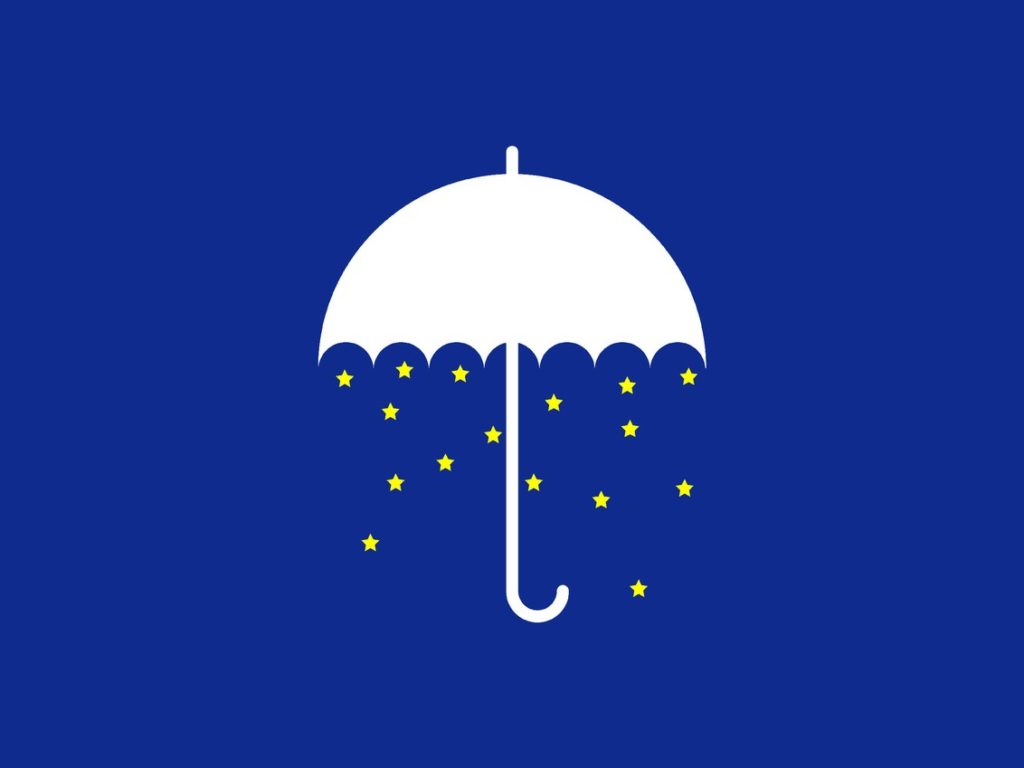EUROPE’S NEW PRIVACY LAW WILL CHANGE THE WEB, AND MORE
EUROPE'S NEW PRIVACY LAW WILL CHANGE THE WEB, AND MORE
By Nitasha Tiku
On May 25th the power balance will shift towards consumers, thanks to a European privacy law that restricts how personal data is collected and handled. The rule, called General Data Protection Regulation or GDPR, focuses on ensuring that users know, understand, and consent to the data collected about them. Under GDPR, pages of fine print won’t suffice. Neither will forcing users to click yes in order to sign up.
Instead, companies must be clear and concise about their collection and use of personal data like full name, home address, location data, IP address, or the identifier that tracks web and app use on smartphones. Companies have to spell out why the data is being collected and whether it will be used to create profiles of people’s actions and habits. Moreover, consumers will gain the right to access data companies store about them, the right to correct inaccurate information, and the right to limit the use of decisions made by algorithms, among others.
The law protects individuals in the 28 member countries of the European Union, even if the data is processed elsewhere. That means GDPR will apply to publishers like WIRED; banks; universities; much of the Fortune 500; the alphabet soup of ad-tech companies that track you across the web, devices, and apps; and Silicon Valley tech giants.
The law’s emphasis on consent, control, and clear explanations could prompt users to better understand and reconsider the ways they are surveilled online. Meanwhile, privacy activists plan to use GDPR as a weapon to force changes in corporate data-handling practices.
In short, the law is a chance to flip the economics of the industry. Since the dawn of the commercial web, companies have been financially incentivized to hoover up data and monetize later. Now, EU consumers will have the freedom to opt in, rather than the burden of opting out. That emphasis on consent creates a financial reward to building consumer trust.
Read the full article and learn more about GDPR here.
Here’s How To Make Sure You, Your Business & Website Is FTC Compliant
By now it should be clear how important it is for you to be FTC compliant. But how can you do that without spending $7,500-$8,000 or more on Internet Attorneys?
Smart business owners around the world are doing it with the help of FTC Guardian.
FTC Guardian is a service that is 100% focused on helping to keep you get and stay FTC compliant and fully protected. And right now, we are offering a free training to give you the knowledge, information, and guidance that you need to stay out of trouble with the Federal Trade Commission.
Free Compliance Workshop: Join Chip Cooper, Esq., the #1 FTC Compliance trainer in the World, for a one-of-kind, completely free online compliance workshop. Workshops fill up quickly, so register now.
Here are some of the things you’ll discover on the training:
- Real-Life Examples of People Who Didn’t Think They Were At Risk, But Who Got Nailed By The FTC, And Why It Could Happen To You, Too
- The 3 Enormous Powers The FTC Has That Can Change Your Life – And Your Family’s Life – Forever!
- How to Avoid FTC Claims When Collecting Leads With Optin Forms
- 3 Privacy Policy Mistakes Every Digital Marketer Is Making, And Why You’re In The FTC Crosshairs.
- And Much More…
Remember: legal protection is a massively important part of your business, and it’s one you cannot afford to ignore any longer.
Go here to register for our next FREE training and make your business is FTC compliant today!
Disclaimer: This article is provided for informational purposes only. It’s not legal advice, and no attorney-client relationship is created. Neither the author nor FTC Guardian, Inc. is endorsed by the Federal Trade Commission.






